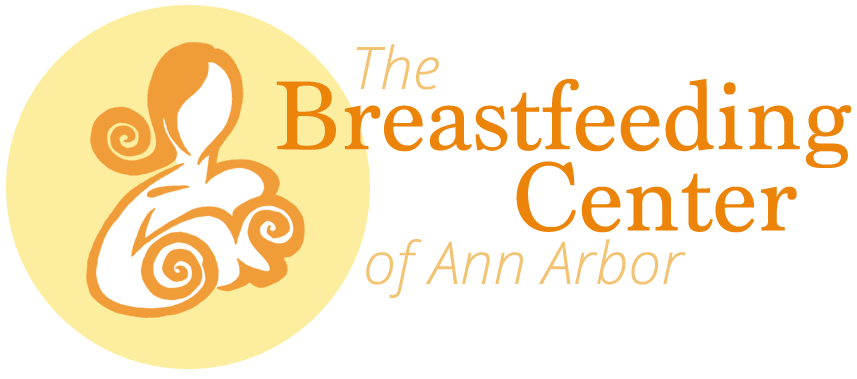Summer is the time when our food choices here in Ann Arbor explode. We have at least six weekly, local farm markets in the area that offer a great variety of local produce and products. It is a time when eating healthy is easy. But do we always choose to? How important is this? Healthy eating?
One of my dear Aunts was diagnosed with Type 1 diabetes last winter. We were really thrown for a loop! My Aunt has always eaten well and  been a healthy weight. But we are still having trouble getting her blood sugars stable! So, we went to see a nutritionist today to find out more about how what she is eating is affecting her sugars. We learned a lot! But what really struck me is that the nutritionist was so pleased that my Aunt already eats a wide variety of whole foods. Hmm…Of course this led me to think about breastfeeding. All things do!
been a healthy weight. But we are still having trouble getting her blood sugars stable! So, we went to see a nutritionist today to find out more about how what she is eating is affecting her sugars. We learned a lot! But what really struck me is that the nutritionist was so pleased that my Aunt already eats a wide variety of whole foods. Hmm…Of course this led me to think about breastfeeding. All things do!
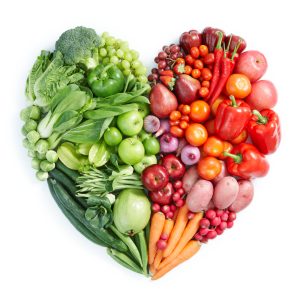 What this nutritionist said sounded a whole lot like what La Leche League preaches now and back when I was first leading groups back in 1998. Eat a wide variety of whole foods in their most natural state as possible. This is what nutritionists and dietitians have always been suggesting for helping people be as healthy as possible.
What this nutritionist said sounded a whole lot like what La Leche League preaches now and back when I was first leading groups back in 1998. Eat a wide variety of whole foods in their most natural state as possible. This is what nutritionists and dietitians have always been suggesting for helping people be as healthy as possible.
There is a not so new book, Lactivism by Courtney Jung that has been a bee in my bonnet since it came out a few months ago. One of the things the book claims is breastfeeding isn’t all that it is cracked up to be. Not as healthy as people think. Not worth the time and effort, if the health benefits are the reason you are choosing to breastfeed. 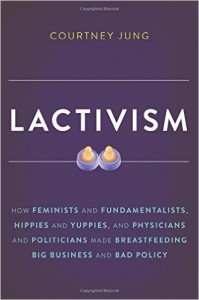 That the research on how healthy breastfeeding is, is “rather weak”. In her opinion.
That the research on how healthy breastfeeding is, is “rather weak”. In her opinion.
Fortunately, two leaders in the lactation field took the time to look at the studies Jung used and really took her to task. Melissa Bartick, MD, has listed some of Jung’s sited studies and the flawed conclusions that were reported. “But overall, Jung’s grasp on the medical research is poor. Scientific papers are peer reviewed by other researchers who are experts in the same field and must pass rigorous standards before publication. Jung is not a medical researcher. While I don’t know if Jung’s book was reviewed by any medical authority, as a reviewer myself I can say it never would have made it past the first stage of the peer review process. It was reviewed by editors whose goal is to sell books.” Also, another hero of mine, Maureen Minchin, says, “But overall, I came to see this book as really poorly researched and written. As a graduate thesis supervisor, I’d demand rewrites.” In other words, Jung’s work is sloppy.
I am incredibly grateful to those women who are helping the truth be seen about this book. But I keep wondering, why did Courtney Jung write this? I do feel like she is making an argument that formula is just as good for babies as breastmilk. But, but…
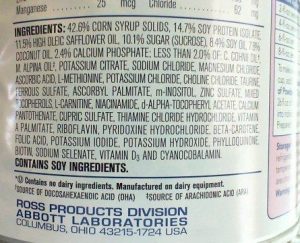 Remember what the nutritionists and dietitians are saying? Eat whole, healthy foods in their most natural state. Infant formula is about as far from this as you can get! The only real “food” in it is high fructose corn syrup. It has been processed up the wazoo. Back to Minchin who says, “Jung seems to have no idea of the multiple pathways for contamination and defect in industrial products, and the numbers of children who die, even in Canada and Australia, because they are formula fed. (It’s possible that like many parents she is unaware that formula powder is unsterile, and that caution about soy formula is warranted because of its high levels of oestrogen analogues.)”
Remember what the nutritionists and dietitians are saying? Eat whole, healthy foods in their most natural state. Infant formula is about as far from this as you can get! The only real “food” in it is high fructose corn syrup. It has been processed up the wazoo. Back to Minchin who says, “Jung seems to have no idea of the multiple pathways for contamination and defect in industrial products, and the numbers of children who die, even in Canada and Australia, because they are formula fed. (It’s possible that like many parents she is unaware that formula powder is unsterile, and that caution about soy formula is warranted because of its high levels of oestrogen analogues.)”
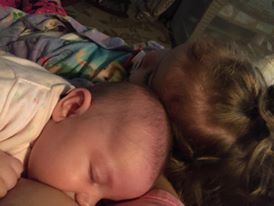 On the other hand, breastmilk delivered through nursing is about as “whole” as whole foods get. It also, ideally, has no processing. Breastmilk goes straight from manufacturer to customer!
On the other hand, breastmilk delivered through nursing is about as “whole” as whole foods get. It also, ideally, has no processing. Breastmilk goes straight from manufacturer to customer!
As I have always said, I am very grateful we have infant formula for mothers who are not able to breastfeed, can’t make enough breastmilk, or don’t want to breastfeed. It is indeed so much better than it used to be and does a great job of keeping babies alive.
But let’s not pretend formula is as healthy for babies as breastmilk. Ask a nutritionist or a dietitian. They will tell you the truth. Also, doesn’t that just make sense?
